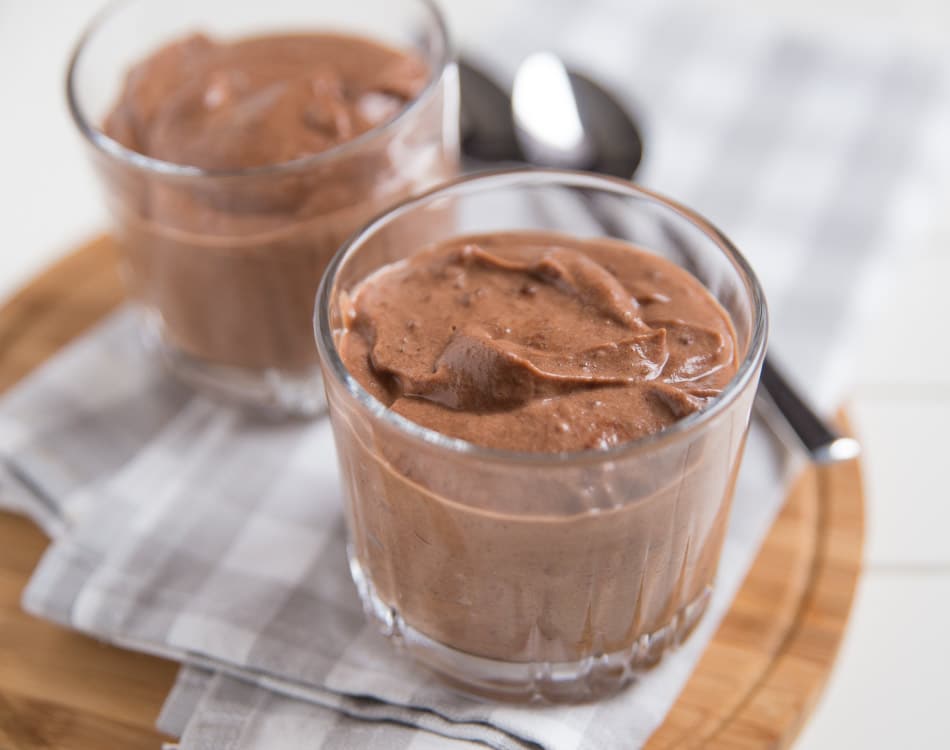Losing weight and shedding fat to improve your health and body is challenging enough without all the nutritional myths and misinformation out there complicating the process.
Nutrition is a complex and evolving field, and with the abundance of information available, it’s easy to fall prey to myths and misconceptions. To help you navigate the information minefield, we demystify four common nutrition myths.
READ MORE | Meal Myths, Busted! Keep Your Diet On Point By Avoiding These Common Misconceptions
Myth 1: Extreme diets work best
With all the pressure to look good, people often resort to extreme measures to lose weight. These include some often life-threatening approaches, such as very low calorie diets (VLCDs) or excessive exercise.
A VLCD generally advocates prolonged daily calorie intakes of just 800-1000, which is unsustainable and can be downright unhealthy. These starvation or crash diets often lead to nutrient deficiencies and malnourishment.
These conditions can be extremely harmful to your body and your health, and can cause cognitive and/or emotional problems. When followed for prolonged periods, you can even damage vital organs.
Excessive exercise can have similar outcomes. While starvation diets limit calorie intakes, excessive exercise aims to burn energy at rates way above normal.
Chronic reliance on exercise to ‘purge’ calories leads to a condition termed exercise bulimia. In these cases, people use excessive physical activity to lose weight, rather than resorting to an eating disorder characterised by binge eating followed by ‘purging’.
Both approaches are extreme in nature and are unlikely to result in long-term weight loss. In fact, they can sometimes lead to longer-term weight gain as the body enters survival mode and attempts to regain weight by slowing down your metabolism.
READ MORE | 3 Weight Loss Myths Busted!
Myth 2: Carbs are the enemy
Carbohydrates often get a bad rap in popular diet culture. However, not all carbs are detrimental to your health.
Whole grains, fruits, vegetables, and legumes provide essential nutrients, fiber, and energy. It’s refined and processed carbohydrates, such as sugary snacks and white bread, that can contribute to weight gain and blood sugar imbalances.
Adopting a balanced approach to carbohydrate intake by choosing complex, unprocessed sources can contribute to sustained energy levels and overall health.
Some form of carbohydrate manipulation technique, such as carb cycling or carb backloading, can also help to improve your insulin response and sensitivity, without the extreme restriction associated with low-carb diets.
READ MORE | 4 Gym Myths That Must Fall
Myth 3: Eat less and eat less often to lose weight
If you think eating less food less often is going to get you that dream body, think again. In fact, skipping meals can slow down your metabolism and promote overeating later in the day.
Without adequate food, your body cannot perform its required functions or build and maintain muscle mass.
What’s worse is that your body interprets the reduced calorie intake as starvation. In response, it initiates processes that aim to conserve energy, which shuts off fat burning processes and hangs onto the few calories you feed it, often as stored fat.
Eating regular, balanced meals helps maintain stable blood sugar levels and provides a steady source of energy. Rather than skipping meals, focus on portion control, mindful eating, and incorporating a variety of nutrient-dense foods into your diet. This approach supports long-term weight management and overall health.
READ MORE | 4 Protein Myths Busted!
Myth 4: Detox diets cleanse the body
Detox diets and cleanses often claim to rid the body of toxins and promote weight loss. However, the human body has its own highly efficient detoxification systems, primarily carried out by the liver and kidneys.
Most detox diets lack scientific evidence and may lead to nutrient deficiencies, dehydration, and other adverse effects.
Rather than relying on short-term detox plans, focus on maintaining a well-balanced, whole-foods-based diet that supports your body’s natural detoxification processes.
READ MORE | 5 Forms For Fat-Loss Fake News To Watch Out For
Navigating the world of nutrition can be challenging, especially with the prevalence of misinformation. By debunking these common myths and adopting a balanced, evidence-based approach to nutrition, individuals can make informed choices that contribute to long-term health and well-being.
Always consult with healthcare professionals or registered dietitians for personalized advice tailored to your unique needs and circumstances.













